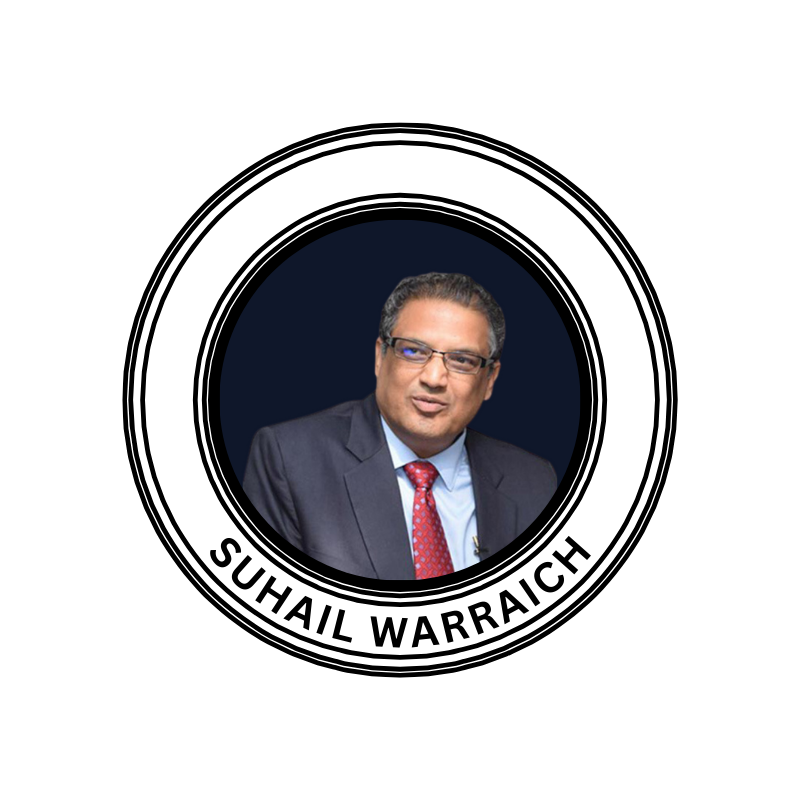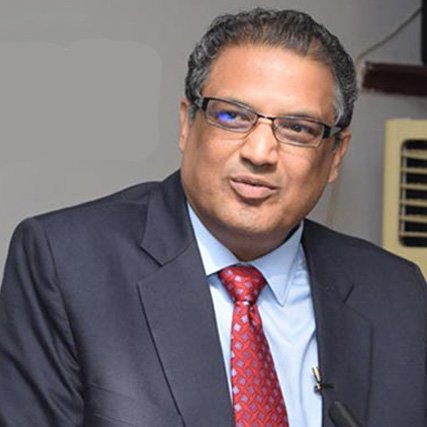No matter what claims Pakistan’s three major political parties make, the truth is that the ruling PML-N (Noon League), its ally the Pakistan Peoples Party (PPP), and the opposition party Pakistan Tehreek-e-Insaf (PTI) all suffer from weak organizational structures. Neither the ruling parties have any effective organization in Punjab, nor does the opposition have any grassroots setup. Since the last election till now, no major change has occurred in the political situation; therefore, it can be said that PTI’s vote bank still exists, but due to lack of effective discipline, its street power has vanished.
The shocks that the Noon League suffered over the past several years broke its organization and local groupings, and now its organizational structure is merely nominal disconnected from ground realities. The PPP’s organization is also confined to papers and names only; it neither has the ability to mobilize its vote bank nor to heat up the streets when needed. In the past, these three parties, at different times, possessed effective organizations and won elections through them, but the truth is that today all three exist only through newspapers, television, and social media. There is no direct link between leadership and voters, nor any setup that could establish such a direct connection.
Since the opposition is in trouble, it cannot focus its attention on organization its primary concern right now is survival. The PPP also knows that in Punjab the ground has slipped from beneath its feet, yet it has not found any formula, any leader, or any narrative through which it could once again gain a foothold in Punjab. The Noon League is considered the most experienced in Punjab regarding elections and organization. In its internal meetings, consultations continue about its weak organization, diminishing vote bank, and political narrative.
After much hesitation, the Noon League has now completely accepted the establishment’s narrative — that PTI’s politics is harming the country, and that behind this politics lies a foreign agenda aiming to weaken and break the army. It is said that at first many within the Noon League were reluctant to accept this narrative and used to say in private meetings that PTI should not be pushed against the wall. But due to the compulsions of time and the absence of any reconciliation with PTI, the Noon League has now become aligned with the army on this issue. They too are now convinced that on May 9, PTI, together with certain judges and a few generals, was preparing to bring a revolution. It is even being said now that during the recent Pakistan-India war, PTI’s plan was to break Adiala Jail, release Imran Khan, and then attack GHQ.
After adopting this narrative, it has become clear in Noon’s planning that in the near future there is no possibility of any reconciliation with PTI nor of Imran Khan’s release. Now Noon knows that the field of Punjab is open for its politics. There will be no pardon for PTI; that is why Noon is not ready to give PPP any space in this province. But the problem for Noon is how to fill air back into its sails, how to rebuild its party organization, and how to recreate its vote bank.
Several meetings and consultations have been held among the senior leaders of the Noon League, and it now appears that Noon has begun to move its pieces on the political chessboard. It has been decided that local government elections will be held in phases across the province. Then, like the local government systems under General Zia, General Ayub, and General Musharraf, a new political structure will be built. More than one hundred thousand elected local heads will become Noon’s new political nursery.
There was division among the Noon leadership on whether or not to hold these elections. One opinion was that development projects should be pursued firmly for five years and that no electoral risk should be taken. The other opinion was that the credit for development works would only be received when local governments have Noon’s representatives. It now seems decided that they will indeed move towards elections but cautiously.
During these consultative meetings, a question also arose: if local elections are held, politics itself will revive, and once politics revives, life will return to the dead body of PTI’s organization. What if the local elections trigger new political turmoil? To avoid this, a decision was made to conduct phased elections, like in India. First, local elections will be held in the most non-political and safe districts. To avoid a direct political clash among Noon, PTI, and PPP candidates and thus to prevent a political brawl a formula of collective success has been adopted. That is, in each union council, nine members will be elected, and they will then elect their chairman. For now, the finishing touches are being made to these local government laws, and it seems Noon, seeing an empty field, is ready to jump in and then to come first, second, and third all by itself.
Noon’s political beginnings also trace back to the non-party local elections of 1979 and 1983, and then the non-party national elections of 1985.
It is expected that after November, a clear political direction will begin to emerge in the country. It is certain that there is no place for PTI in the current setup. It is also almost certain that the government will continue to run with coalition partners, and it is clear that the focus will shift towards improving the economy. Apart from these settled matters, there are many other issues still unresolved and internally disputed.
It is not yet confirmed whether the current setup has finalized Maryam Nawaz’s name for the next Prime Minister, while Bilawal Bhutto is also a candidate for the same post, and several faces within the government also desire it. Nevertheless, it still remains undecided whose fortune this setup will favor for the future.
The second major matter is Imran Khan’s life and political future. Sooner or later, it must be decided whether to keep Imran Khan imprisoned permanently and continue bearing the risk of instability, or whether there exists some path to resolve this issue.
The PPP, though an ally in the coalition government, has not taken any ministry this is an unsatisfactory arrangement, with constant potential for tension. It must be decided whether this situation will continue to experience ups and downs, or whether there will be a solution to it.
Regarding politics and freedom of expression, some decisions will also need to be made: can the country’s democratic image survive with limited politics and restricted freedoms? And in the presence of such administrative and judicial structures, will any foreign investor or friendly nation consider it safe to invest in Pakistan or not?
When November passes, these fundamental and important questions must be deliberated upon, and possible answers found. Only then will politics, the economy, and foreign policy succeed.
 Colors
Colors  View Books
View Books 



